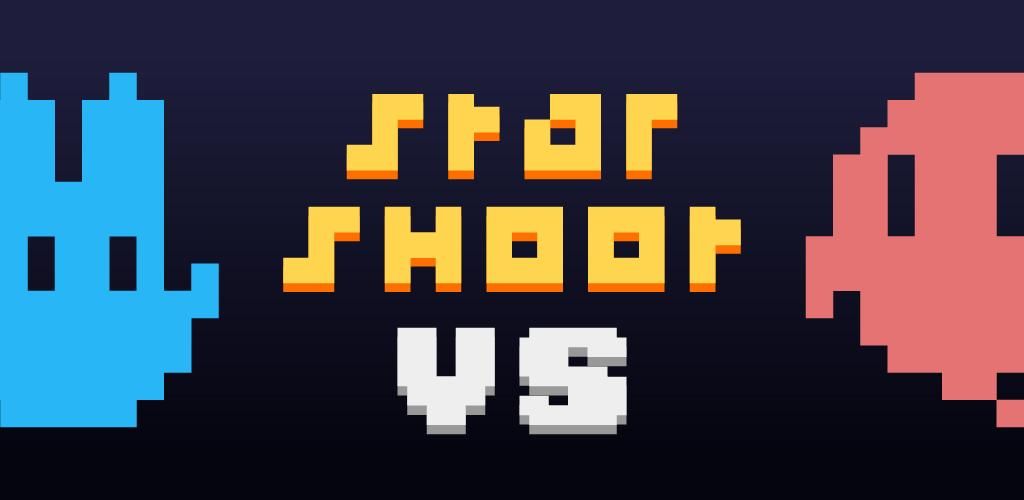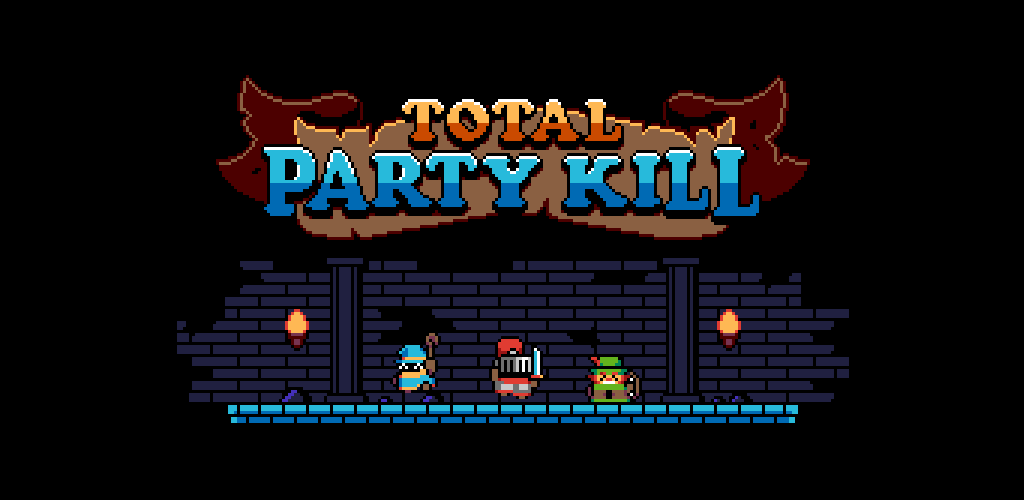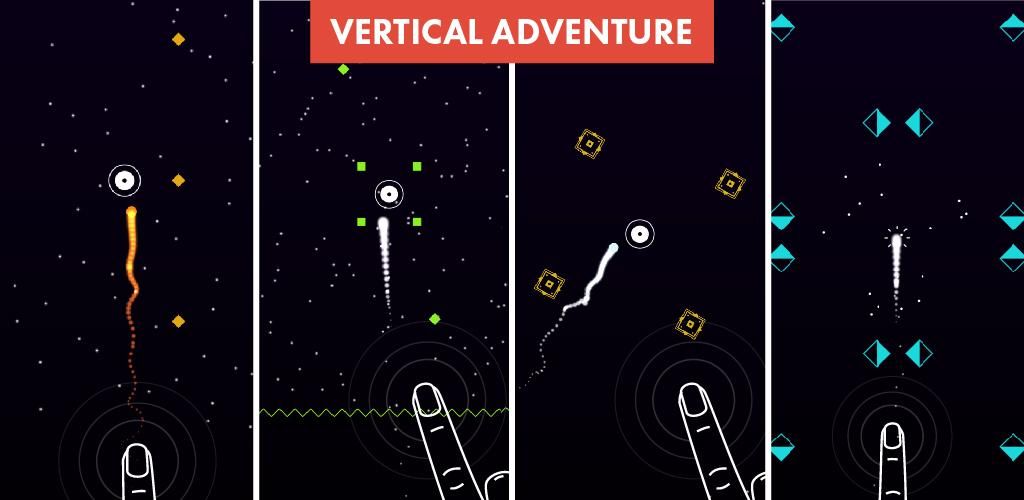For new viewers, this is our interview series where we take an in-depth look at the business side of game development and discuss some of the different strategies used by creative professionals within the gaming space.
The series is comprised of 6 set questions which should apply to the majority of creative businesses within the mobile gaming space. The questions are formatted in such a way that creative professionals may draw inspiration from the many different solutions companies apply to common problems.
If you find this interview inspiring, please consider helping the creator by sharing this article or downloading their games linked in the text below.
Let’s get started.
— Thank you for taking the time to talk with us today. We would first like to start things by asking who you are, what you do, and how you ended up working here in the creative gaming space?
I’m 48 years old and have been passionate about video games since I was 12. I started on a Commodore 64, at first I played, then I learned the basics of development in Basic. Then I had an Amiga 500 which I was using to play and do a bit of development. I graduated in computer science to become a developer. I worked on inventory management and billing software for 20 years. And 2 years ago I decided to create my mobile game development company. We are 2, I work with my wife who is the level designer. I develop on Unity.
— Moving on, let’s talk about some of the games you have created. Could you please fill us in on some background regarding the projects you have worked on and where our viewers can try them out.
MagikFusion is our second. After our first game, which was a thinking game, we wanted to make a more fun and easier game, and the TAP2 type seemed to be the best choice.
We used the technical base of the 1st game and we modified it to create this new game. This allowed us to save time and to have games on a little different segments of players.
It is available on App Store and Google Play.
— Standing out in an overcrowded market. What are some strategies your company has used to promote your games in this vastly populated market and did those strategies work?
Marketing is essential but also very complicated. Match-type games are plentiful in the stores. It is very difficult to get tests from websites or influencers for this type of game. Especially since there are very large licenses, which have an unlimited advertising budget, which gives them better visibility.
So we used advertising, especially with Facebook and Google, but it is not easy. First it is very expensive, and then it requires a lot of monitoring, testing with different videos, analysis to find out why it works or not … The result with a limited budget is quite average.
We tried to find a publisher, but again it’s very difficult because publishers receive hundreds of games, and so far we haven’t found any.
Finally, making a game is much easier than promoting it when you’re an independent studio.
My advice if you’re just getting started, and whether you’ll have the budget to promote your game, not just the budget to make a game.
— Some marketers suggest branding is dead. Firstly, do you agree or disagree with this idea? And is there anything your company is doing differently to keep players coming back?
For mobile games, I think the concept of corporate branding is dead. Who today knows the name of the publisher of their 3 favorite games? For the brand corresponding to the name of the game, it is different, the players will remember the name of the game better, even if I see players playing games without even knowing the name of the game.
Players browse stores or click on ads, and are drawn to an icon or an image, not the name of the game. I think that the visual of a game or the visual marketing replaces the notion of brand. The visual must become an important priority when you create a game, because it will condition your marketing. You have to think that the visual of your game will almost become the brand of your game, because it is the visual that attracts and retains players today, as much as the gameplay itself, if not more.
— Monetization is critical to the success of your existing and future projects. Would you be willing to share some of the different monetization strategies used by your company?
Monetization is important because making a game is fun, but if you want to make a living from it, you have to make money.
We have chosen to do free to play. We have implemented both advertisements and in-game purchases. We have chosen to use both so as not to turn the game into pay to win, and so that players can have a choice. We have chosen to let the player play without a time limit, when she/he has no more life, she/he can watch an advertisement to regain a life immediately and for free. If a level seems too hard to her/him, or if she/he doesn’t have any booster left in stock, or if she/he no longer wants to watch ads, she/he can choose to make a purchase. We have also chosen to make packs at low prices, and even to be able to buy booster individually so as not to force the player to incur large expenses. The player, therefore, has more latitude.
— Lastly, we would like to hear your predictions for the future of the creative gaming industry. What changes do you expect to see in the way we play games over the next 3-5 years?
It’s hard to anticipate changes and know what can change. For example, no one had really predicted the arrival of hyper-casual games.
I think today all styles of gameplay exist.
I think and hope that the next step will be the wider arrival of virtual reality. But the material must evolve, for the experience to be more immersive.
If VR can break free from current technical constraints, then it should be the next major step in video games, and games will have to reinvent themselves. New gameplay may emerge. I am a fan of the movie “Ready Player One”, and I hope the future of video games looks like this. But there is still a long technological way to go to get there.
I dream of having a virtual life, without limits. I no longer want to play games but to live the games.





